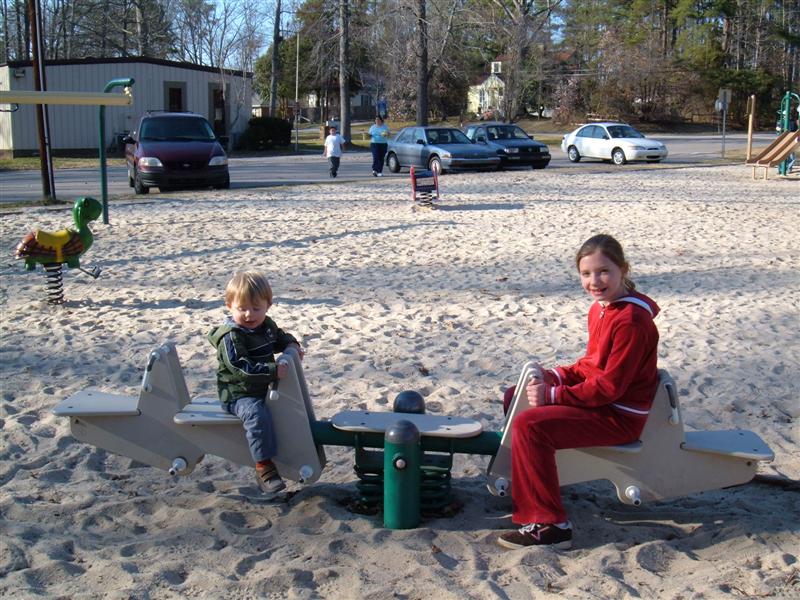After many years of training and many more years of personal practice, I crossed a new threshold recently by taking formal precepts and becoming a novice priest in the Five Mountain Zen Order. This is quite a change for me, because I assiduously refrained from being affiliated with any one lineage for years. So what changed?
I don't know.
As my practice matured, I kept feeling like I needed more depth, which ultimately ended in my entering seminary to become a priest. The precepts ceremony was last week. Being a fairly traditional boy, I shaved my head. Tonight I for the first time go to lead my local sangha and should wear my robes. I'm really uncomfortable with this idea. Why?
I don't know.
I've been a member of this sangha for 11 years and stepped up into one of the joint leadership roles several years ago. But walking in wearing robes feels really different, as if I'm trying to signal that something important has changed. I worry about whether people will act differently, or worse, that I will.
 Yet, all that has really changed is that I've made some vows more formally than I had previously. The robes are an outward sign of a commitment made, just as my wedding ring is. What is the value of making a commitment outwardly visible?
Yet, all that has really changed is that I've made some vows more formally than I had previously. The robes are an outward sign of a commitment made, just as my wedding ring is. What is the value of making a commitment outwardly visible?
Sometimes in Buddhism it is said that that "human consciousness is composed of three parts: emotions, intellect, and will" (Seung Sahn, The Compass of Zen, p. 25). We can have a strong feeling about a teaching, but not follow it. We can even examine it carefully intellectually and discover that it is accurate, but still not follow it. To follow a path requires more than a feeling and a belief, it requires that we set an intention to follow it - it requires will. Within a Buddhist framework, we might say that making a commitment to follow the teachings requires both correct intention and correct effort (two of the limbs of the Eightfold Path). If I make a commitment internally, then I have to remember it myself. If I make it externally, then I have reminders of it I can see, and others can see it so that they help support my following it. An attractive woman seeing my wedding ring will usually help me maintain my commitments. The American Zen Association says, about wearing the robes, "During the day it should be worn as often as possible, so that the practice of the Way is always present in our minds."
Knowing this, perhaps I can be less nervous walking into my local Mindfulness and Meditation group tonight, but I probably still will be; in which case, I'll just have to be aware of my discomfort and that alone will help make everything more comfortable.
Photo credit: Patrick Bender

 Recognizing the dynamic nature of balance can help to answer the first question - where should we start? Many times we think we need to give something up or gain something special before we can balance our lives, but that thinking stems from the idea that balance is stability. We are thinking about a physical balance, like a see-saw. We need to move something off of our side to make it balance in the middle, or we need to get something on the other side. Yet, even if we did give something up to make this side lighter, we would never achieve stability where the see-saw didn't move.
Recognizing the dynamic nature of balance can help to answer the first question - where should we start? Many times we think we need to give something up or gain something special before we can balance our lives, but that thinking stems from the idea that balance is stability. We are thinking about a physical balance, like a see-saw. We need to move something off of our side to make it balance in the middle, or we need to get something on the other side. Yet, even if we did give something up to make this side lighter, we would never achieve stability where the see-saw didn't move. 
 For example, consider the doctrine of
For example, consider the doctrine of  I wake up slowly in the recovery room, blood beginning to drain from my nose. The next 36 hours will become an intriguing study of mindfulness, compassion, self-pity, and watching mind’s neurotic habits. First thing I notice – I’m not blind. They said there was 5% chance of blindness from this operation. That did not seem like a small and comforting number to me.
I wake up slowly in the recovery room, blood beginning to drain from my nose. The next 36 hours will become an intriguing study of mindfulness, compassion, self-pity, and watching mind’s neurotic habits. First thing I notice – I’m not blind. They said there was 5% chance of blindness from this operation. That did not seem like a small and comforting number to me.